AbstractStorytelling events within medical education serve as a dynamic approach to build community, strengthen resilience, and enhance well-being. This paper provides educators with actionable guidelines for planning and executing meaningful storytelling events, highlighting how these gatherings can inspire, connect, and support medical students and physicians.
IntroductionStorytelling has historically been integral to all cultures, including medicine, where narratives of illness and healing have long conveyed knowledge. However, with the rise of evidence-based practices, storytelling's role diminished until recent years, when the Narrative Medicine movement reintroduced its significance. Research demonstrates that storytelling fosters empathy and connection, addressing burnout and isolation prevalent in medical fields.
Medical Education and StorytellingStorytelling provides physicians and trainees with an outlet for connection and reflection. Events where personal stories are shared have been shown to increase a sense of purpose and gratitude, bolstering mental wellness. However, educators often need guidance on establishing such events effectively. This paper outlines strategies to design and conduct successful storytelling events that encourage vulnerability, diverse perspectives, and community support.
Steps for Planning Storytelling Events
- Define the Audience: Identify a specific audience, such as medical students, residents, or faculty, to tailor the event's approach.
- Assemble a Diverse Planning Team: Engage representatives from various backgrounds to ensure inclusivity.
- Secure Funding and Resources: Explore institutional funds for wellness or seek community support to cover expenses.
- Select a Flexible Theme: Choose a broad theme, like “Connection” or “Intersections,” to encourage diverse story submissions.
- Promote Inclusivity: Set up safe spaces, provide content warnings for sensitive stories, and foster a respectful environment for both storytellers and listeners.
Impact and ConclusionStorytelling events serve as powerful tools in medical education, allowing participants to share experiences and reaffirm the human side of medicine. Through thoughtful planning, educators can establish storytelling as a valuable practice that enhances well-being, decreases burnout, and nurtures a sense of shared purpose among medical professionals.

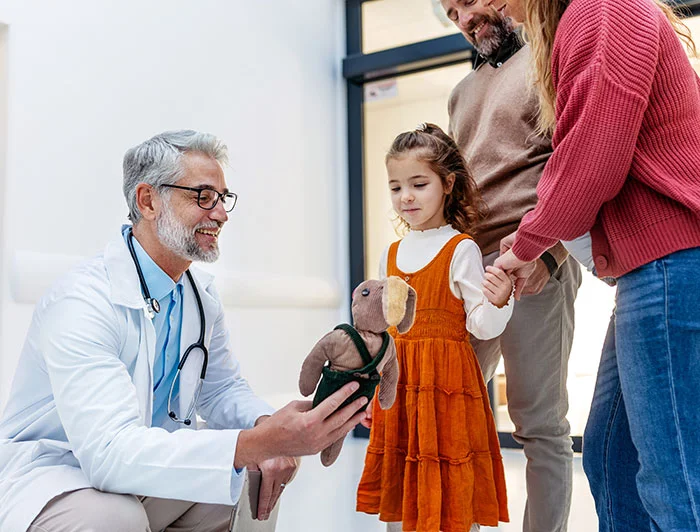
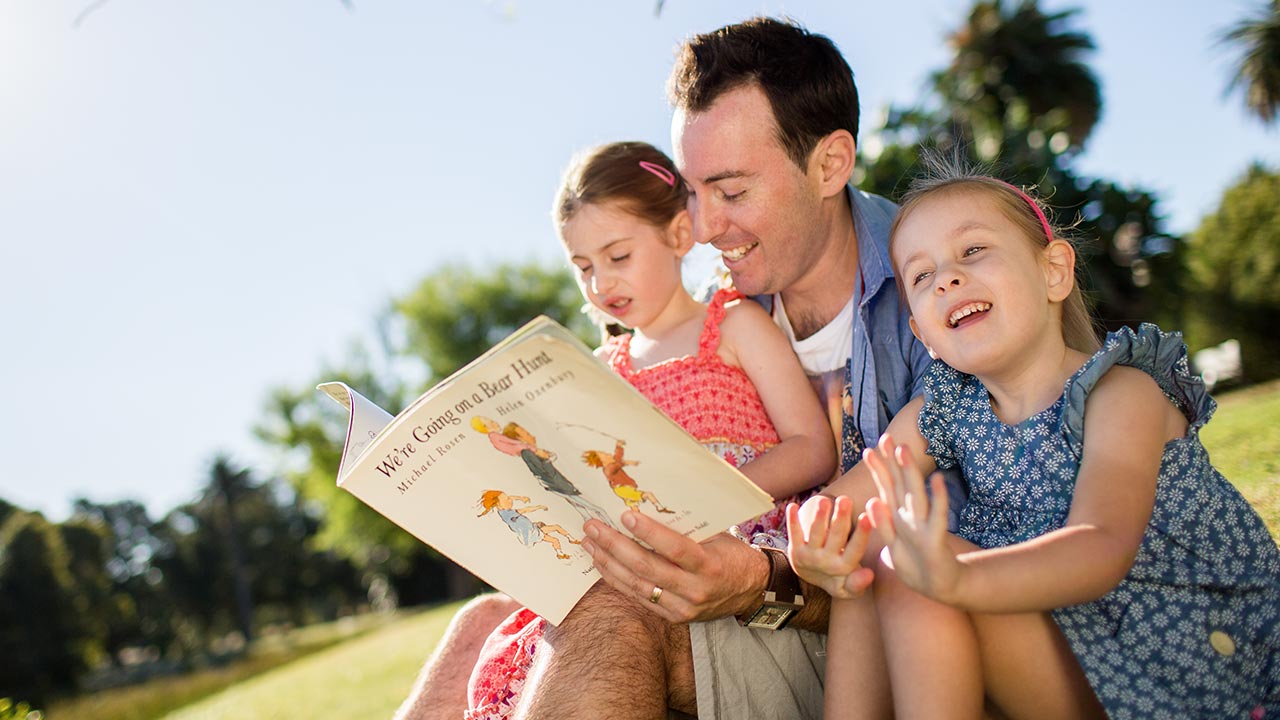

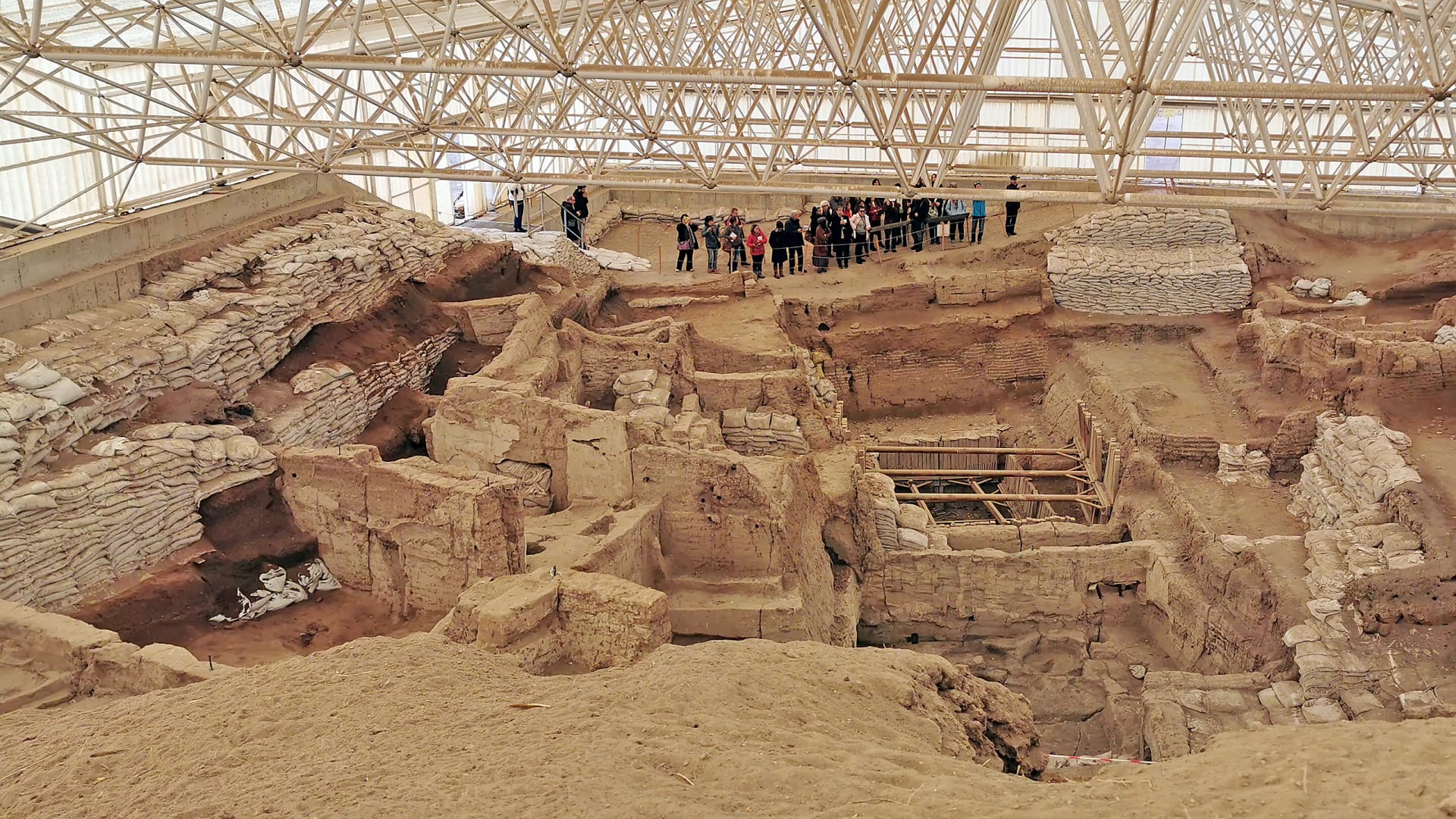







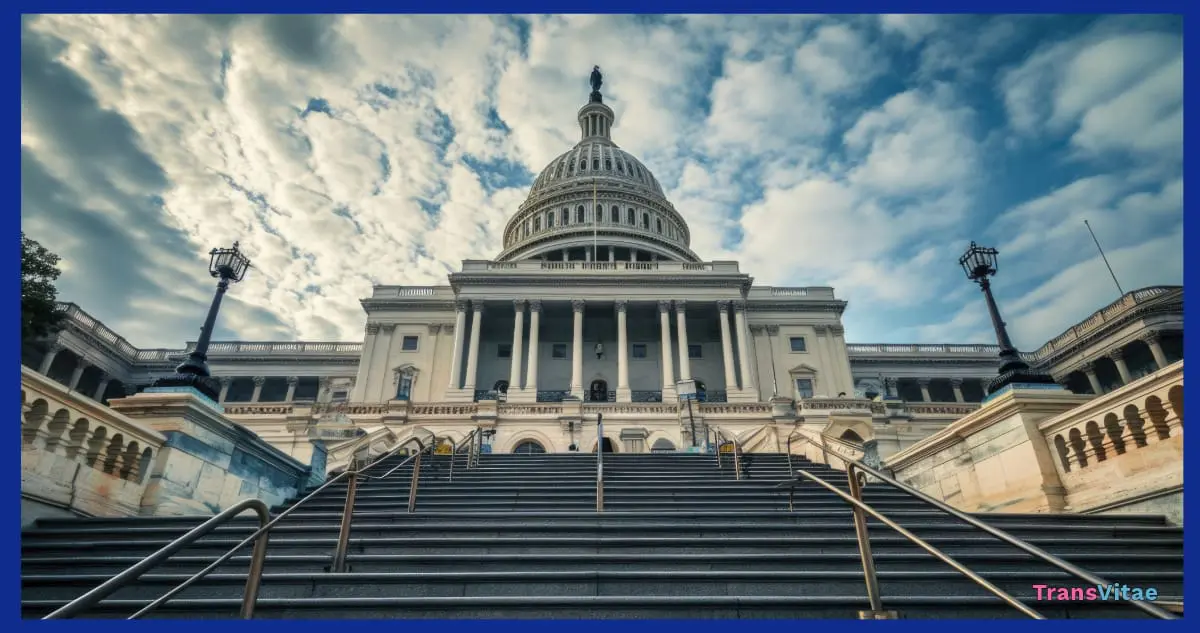
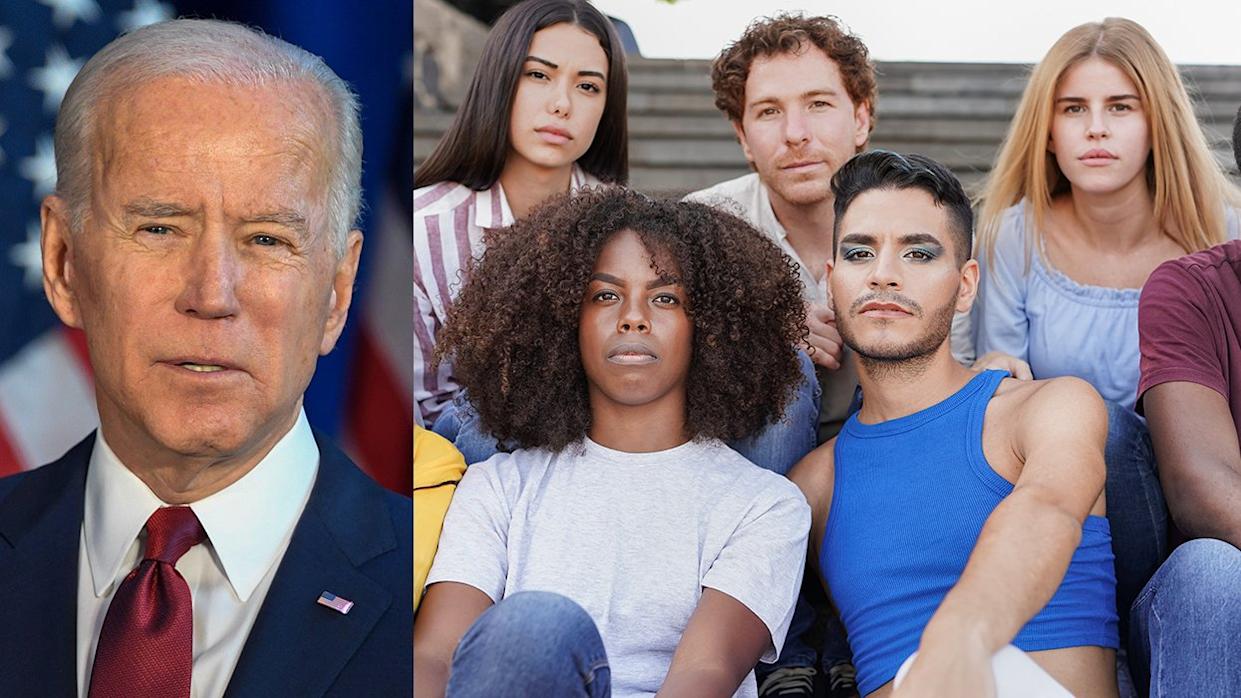
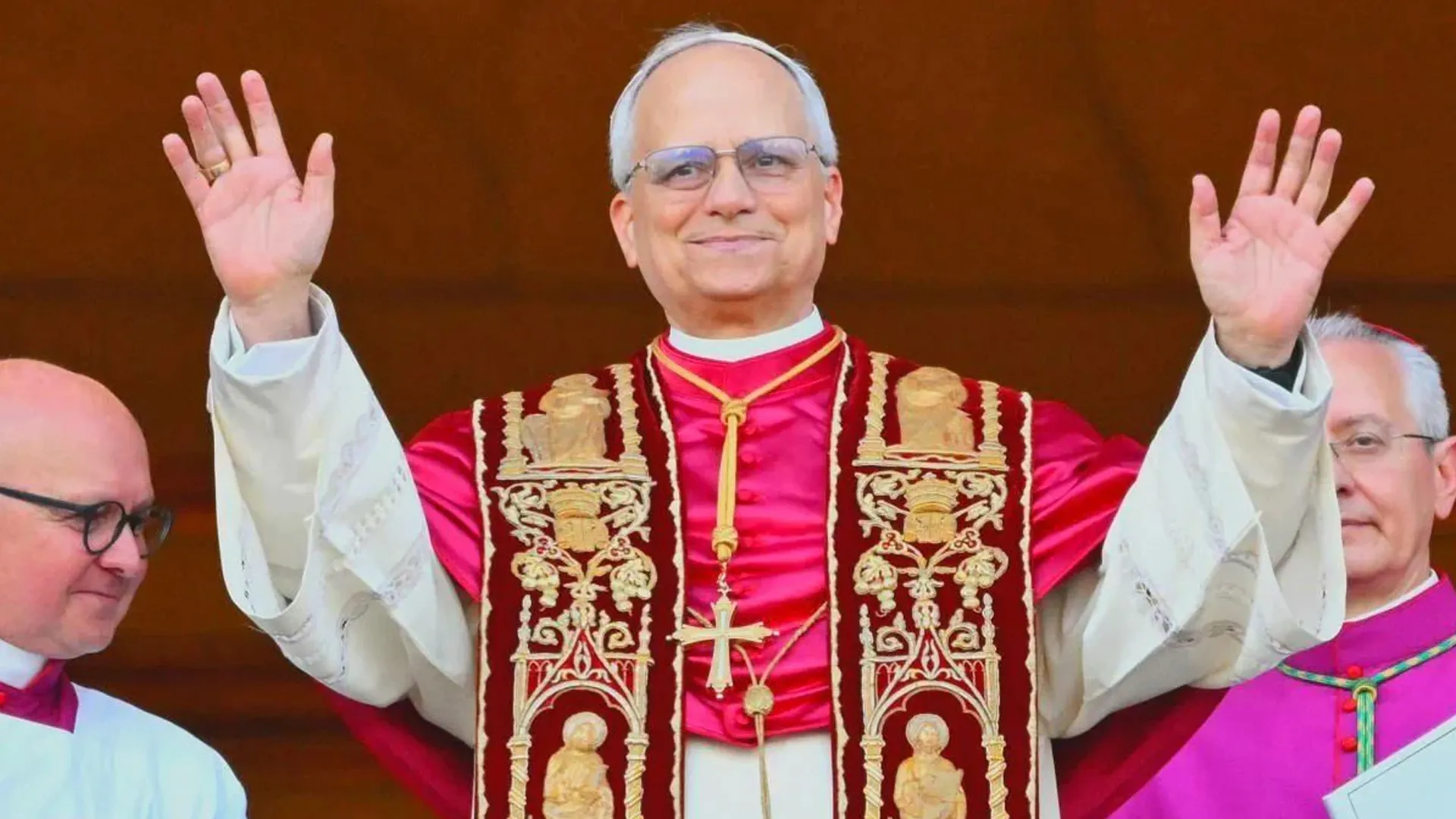

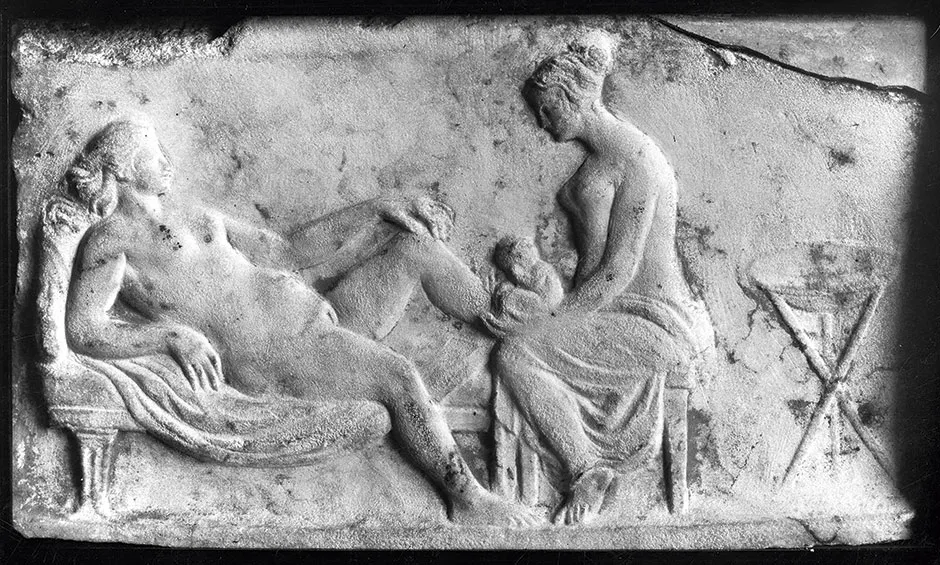







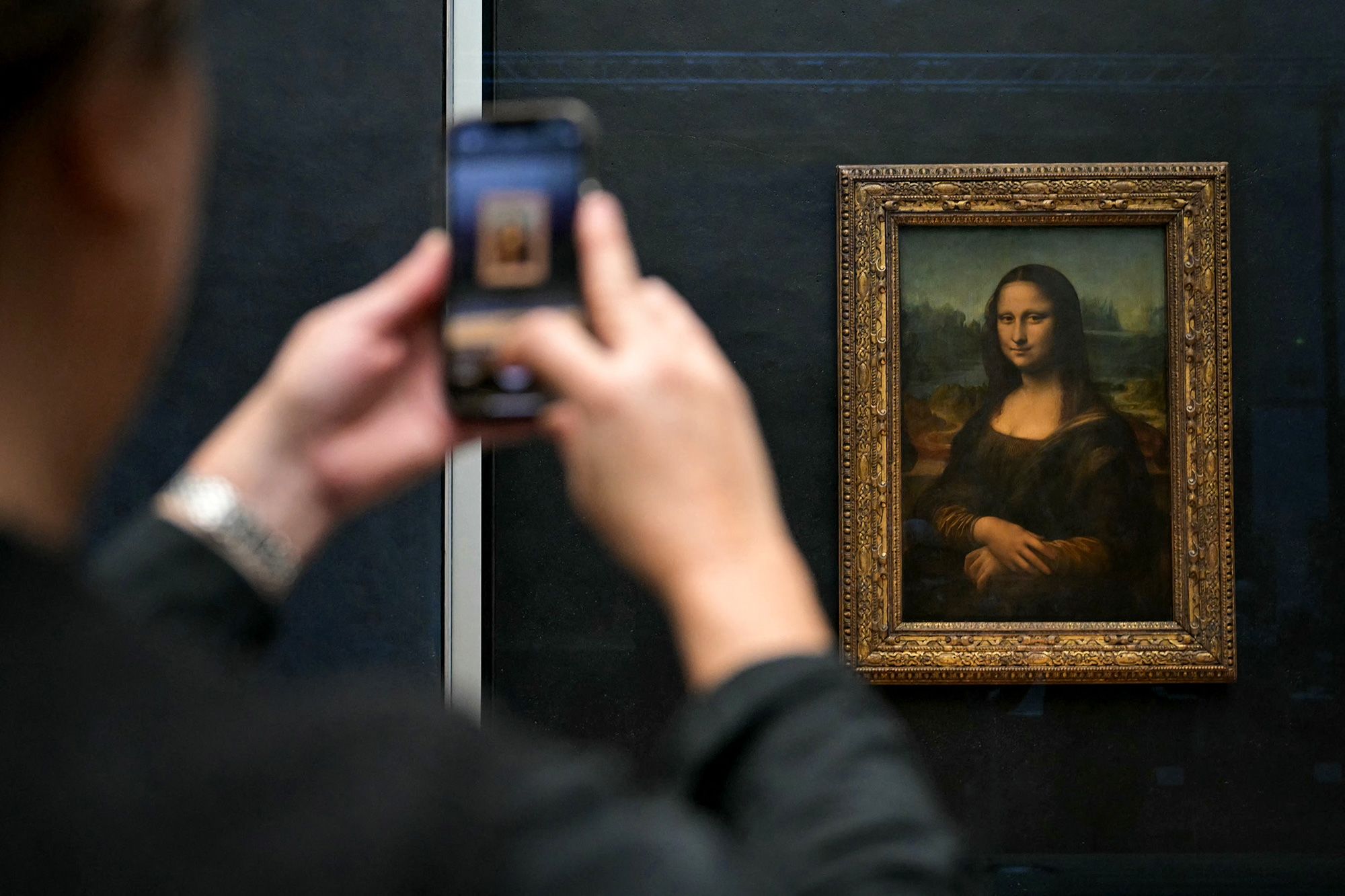
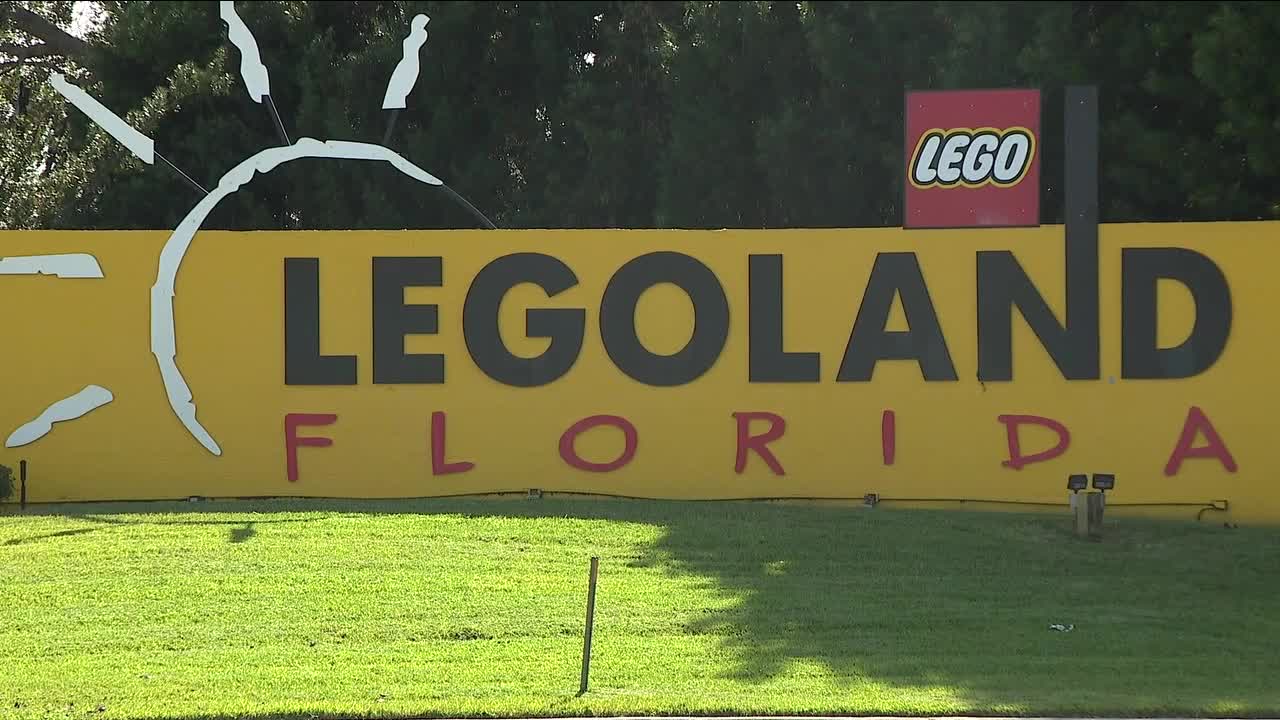
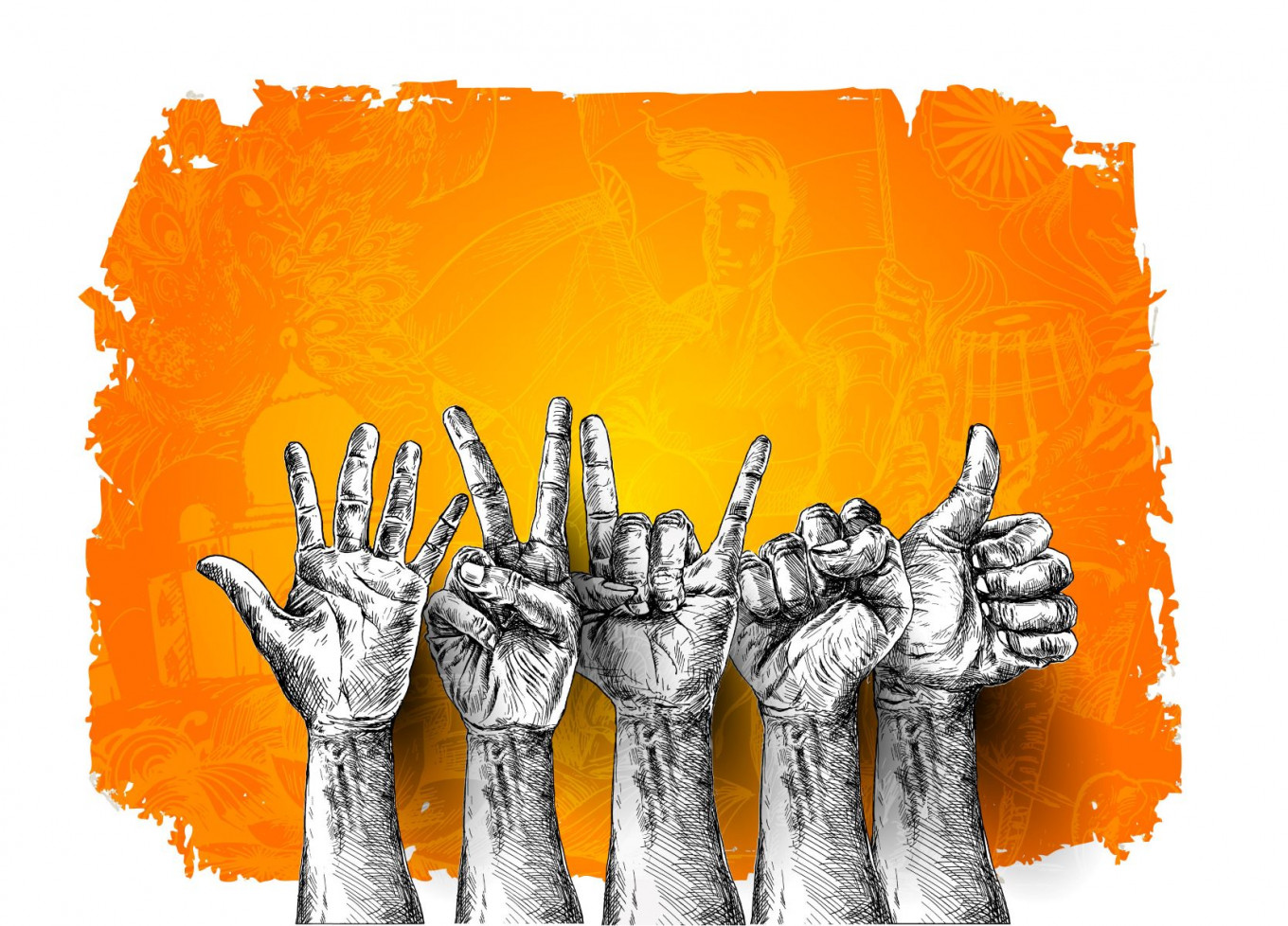
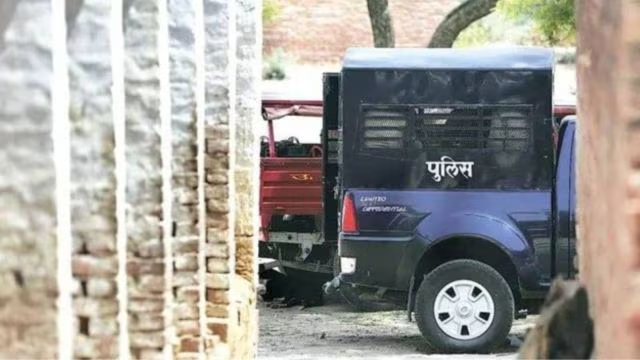

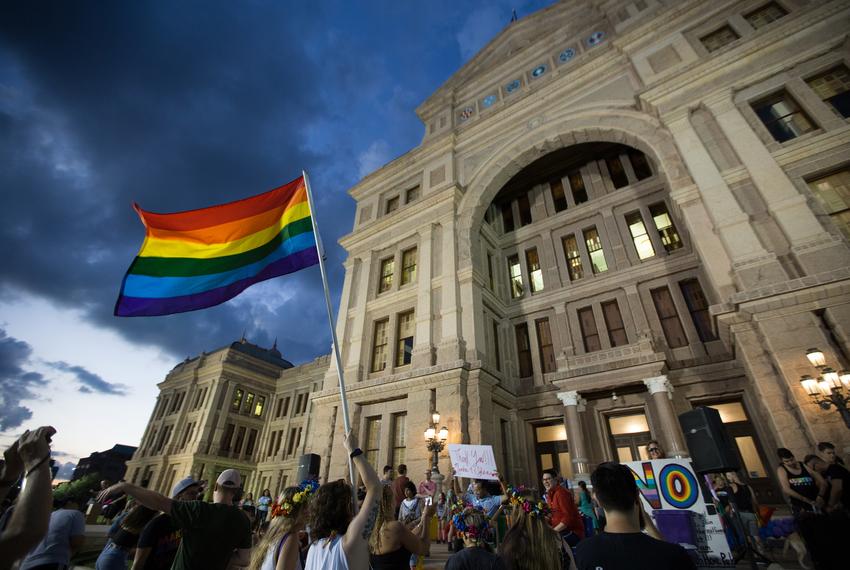
0 Comments